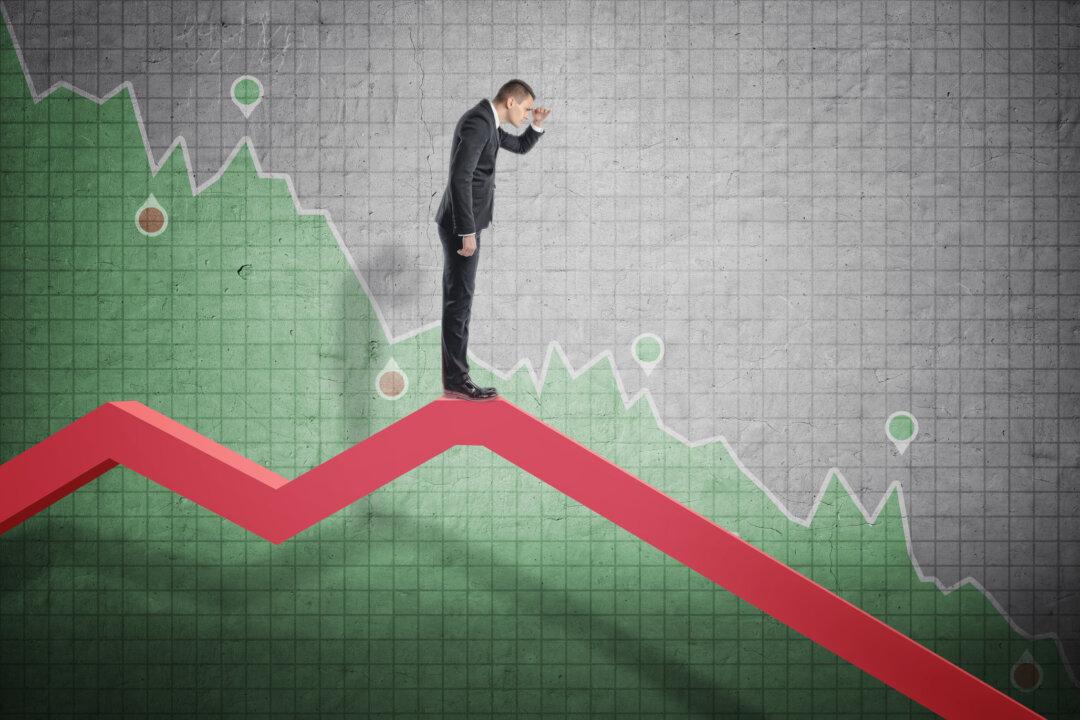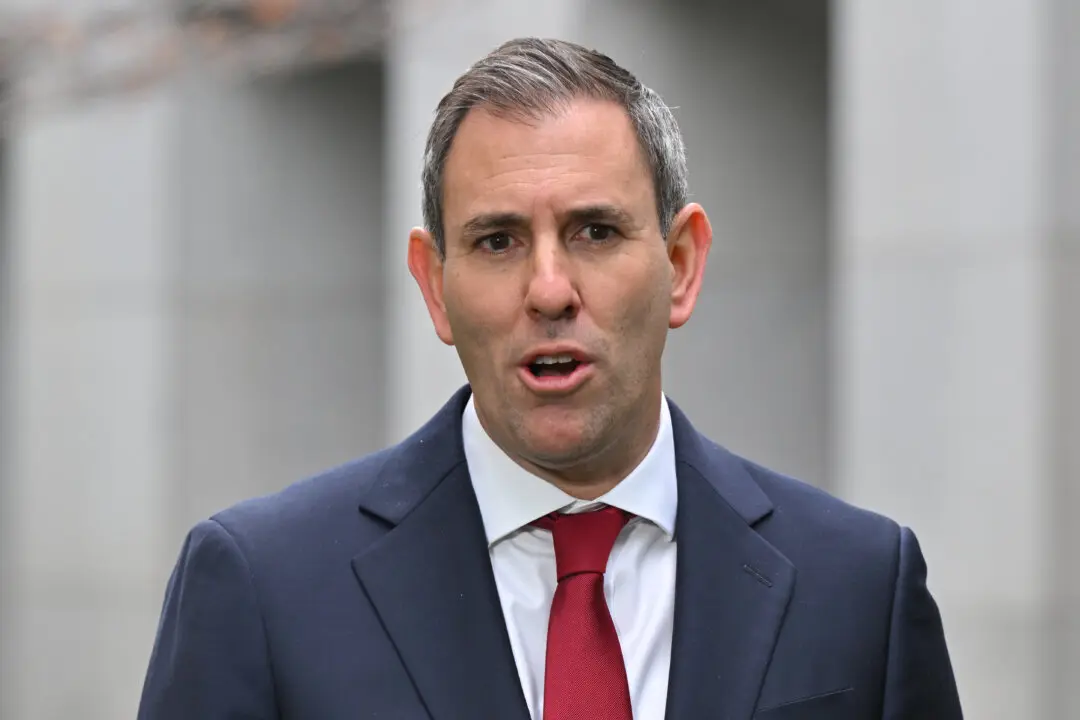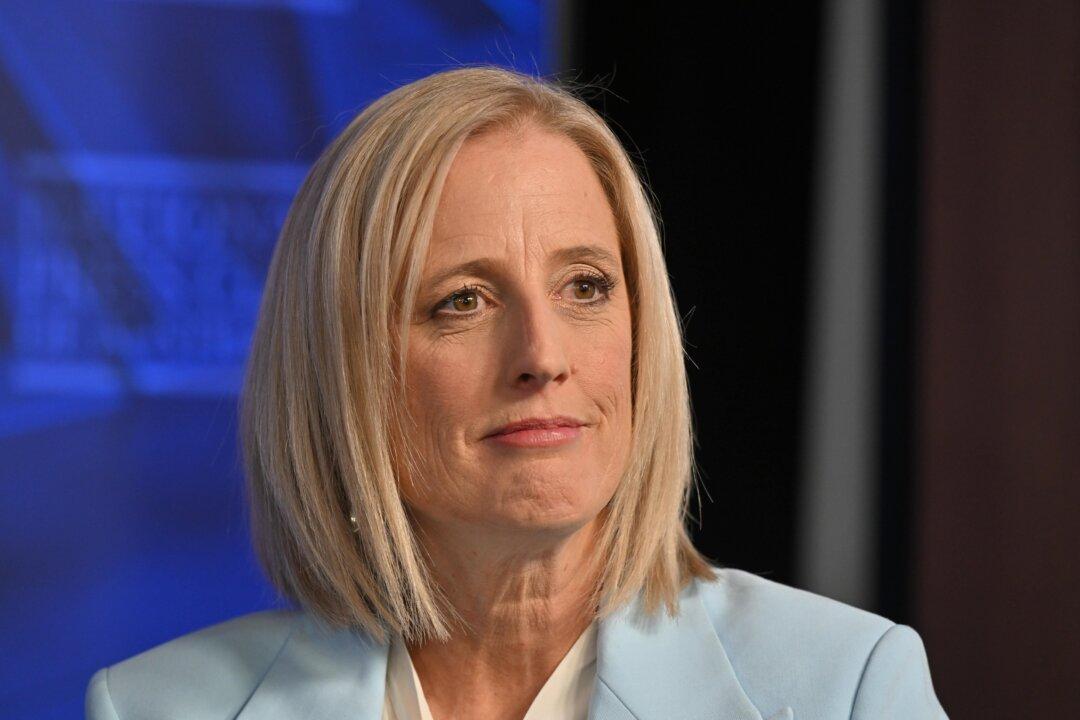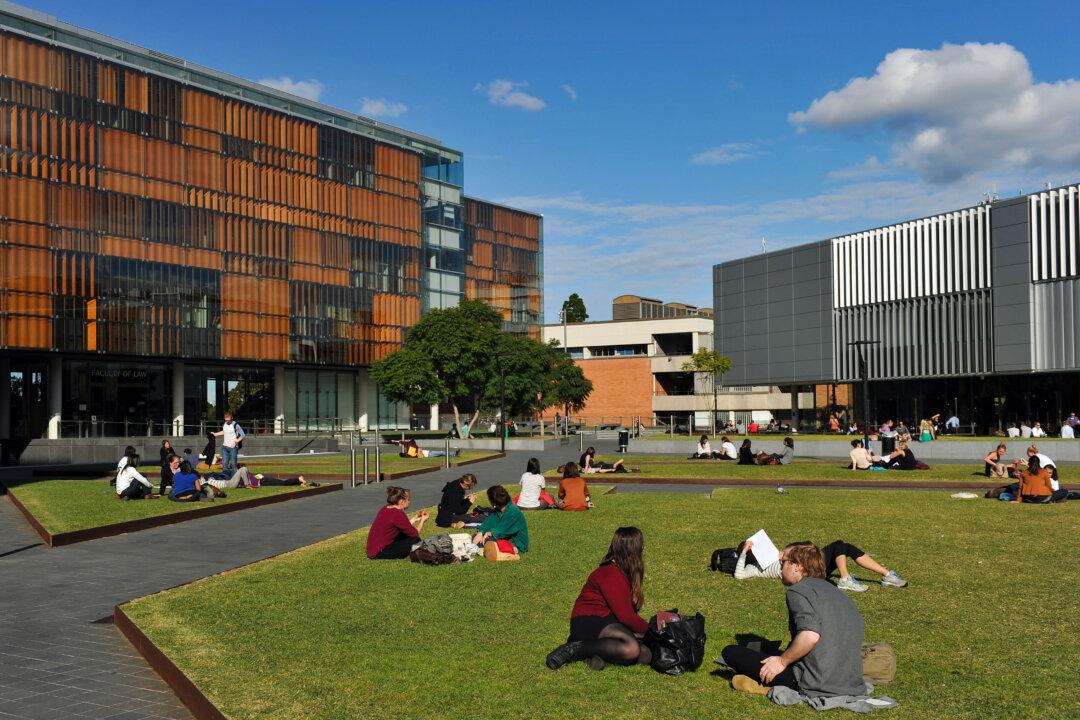As Australia grapples with economic uncertainty, a concerning trend has emerged—fewer students are choosing to study economics.
A latest report by the Reserve Bank of Australia (RBA) titled “Where Have All the Economics Students Gone?” reveals that between 1999 and 2023, only about 10 percent of Year 12 students listed an economics course among their university preferences.





